When you create a private key, this process is (or at least should be) completely random - meaning that in theory, the probability of creating some specific private key is 1/N where N is the number of possible private keys. There's nothing stopping someone from creating an already created private key, except chance.
A private key is made up of 256 completely random bits. Thus, the number of possible private keys is 2256 (approximately 1077) and the chance of getting a certain exact private key is 10-77. It's hard to overstate how tiny this probability is - for example, it's roughly equal to the number of hydrogen atoms in the observable universe. We can treat this probability as essentially 0.
is there a possibility of having same public key of two or more private key?
Yes, absolutely. There is nothing preventing two private keys from being associated with the same public key - however, the only way of finding such a case would be through brute force (generating keys until you find a pair that match, and as we learnt above bruteforcing 256 bits is essentially impossible. Even doing a birthday attack - where you generate keys until ANY two of the generated match, you will still have to create 10^38 keys before a 50% chance of collision.
Also, if by public key you are referring to bitcoin addresses, then this can very easily be mathematically proven to be true by the pigeonhole principle. There are 2^256 possible private keys but only 2^160 possible addresses - so it's impossible to have each private key generate a unique address.

You can get bonuses upto $100 FREE BONUS when you:
💰 Install these recommended apps:
💲 SocialGood - 100% Crypto Back on Everyday Shopping
💲 xPortal - The DeFi For The Next Billion
💲 CryptoTab Browser - Lightweight, fast, and ready to mine!
💰 Register on these recommended exchanges:
🟡 Binance🟡 Bitfinex🟡 Bitmart🟡 Bittrex🟡 Bitget
🟡 CoinEx🟡 Crypto.com🟡 Gate.io🟡 Huobi🟡 Kucoin.
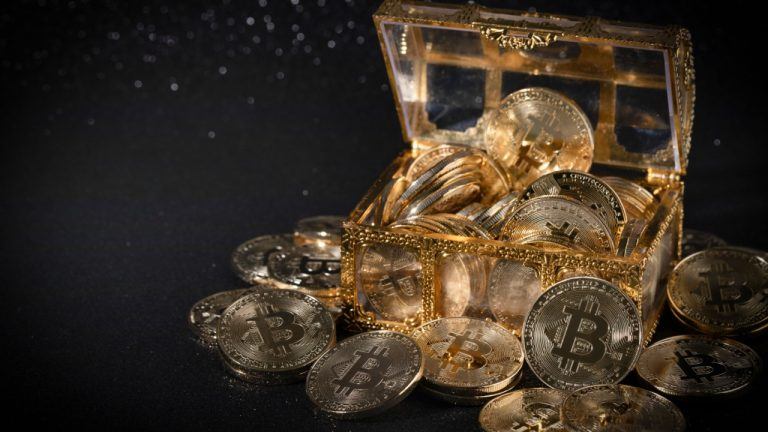

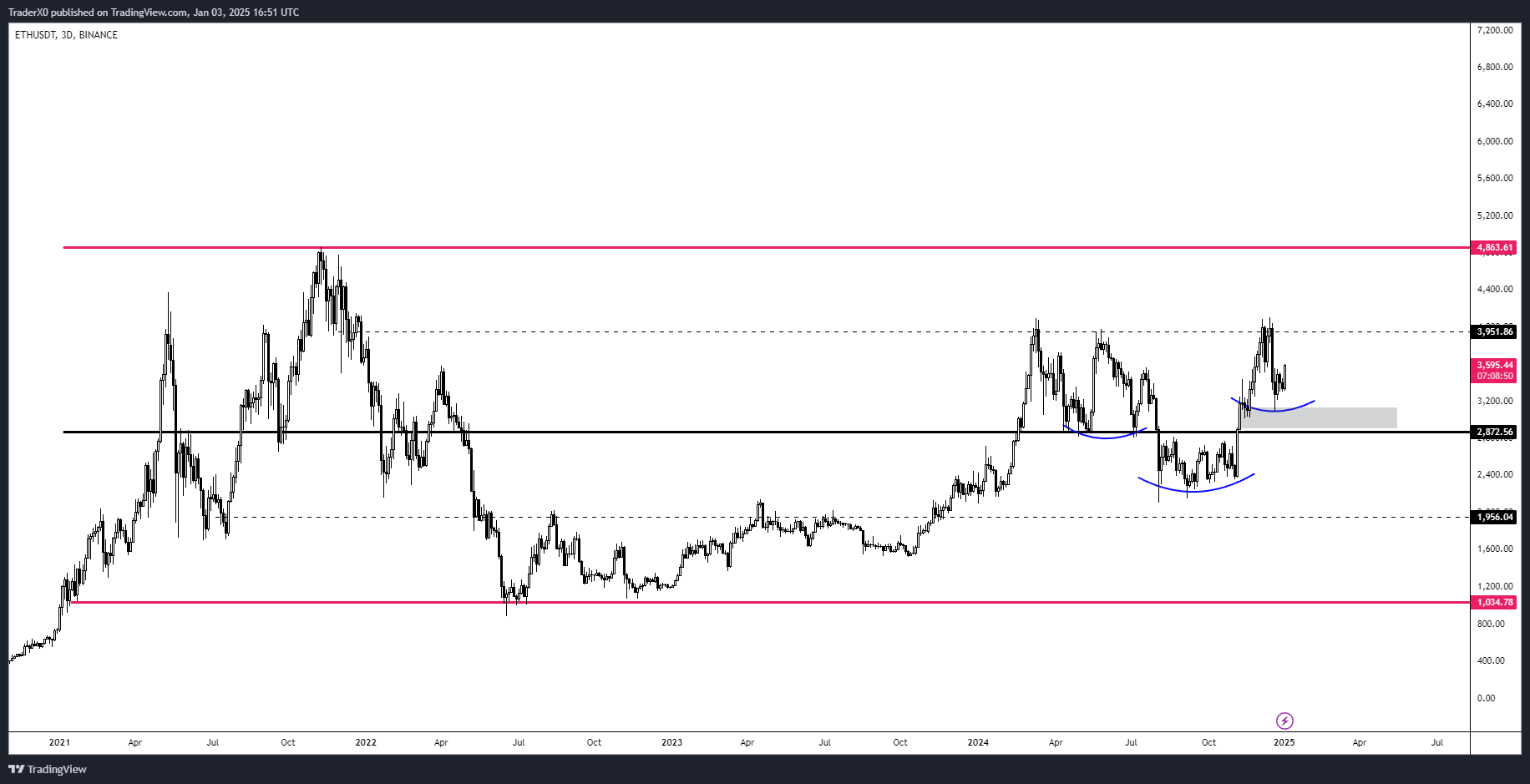






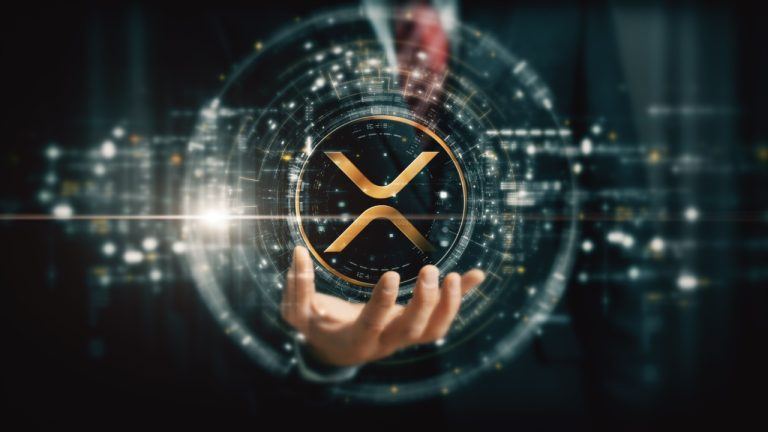

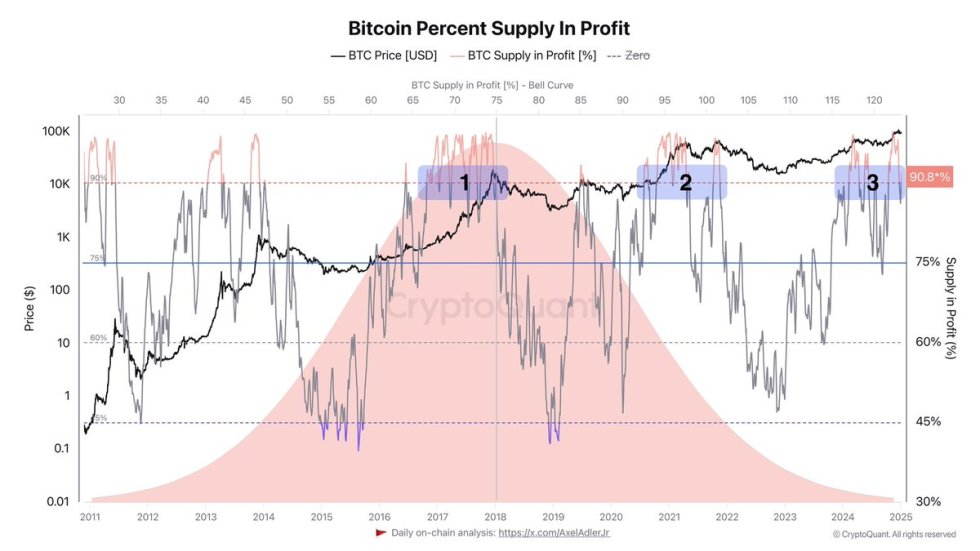
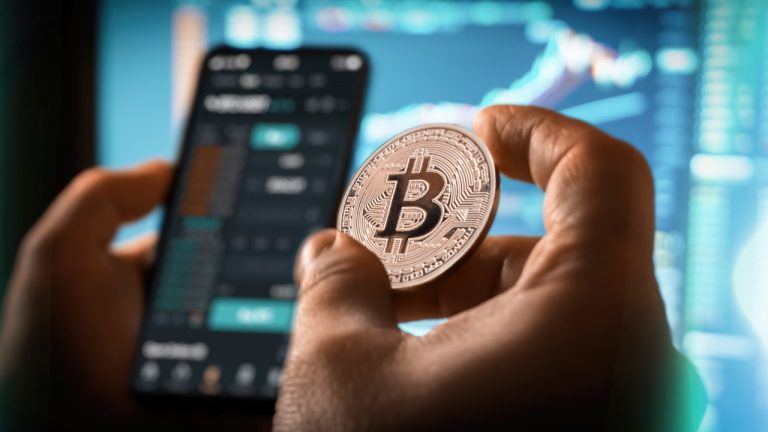



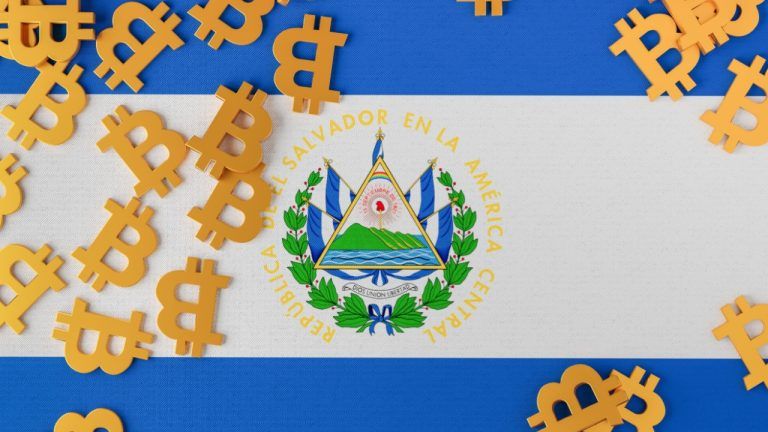



Comments